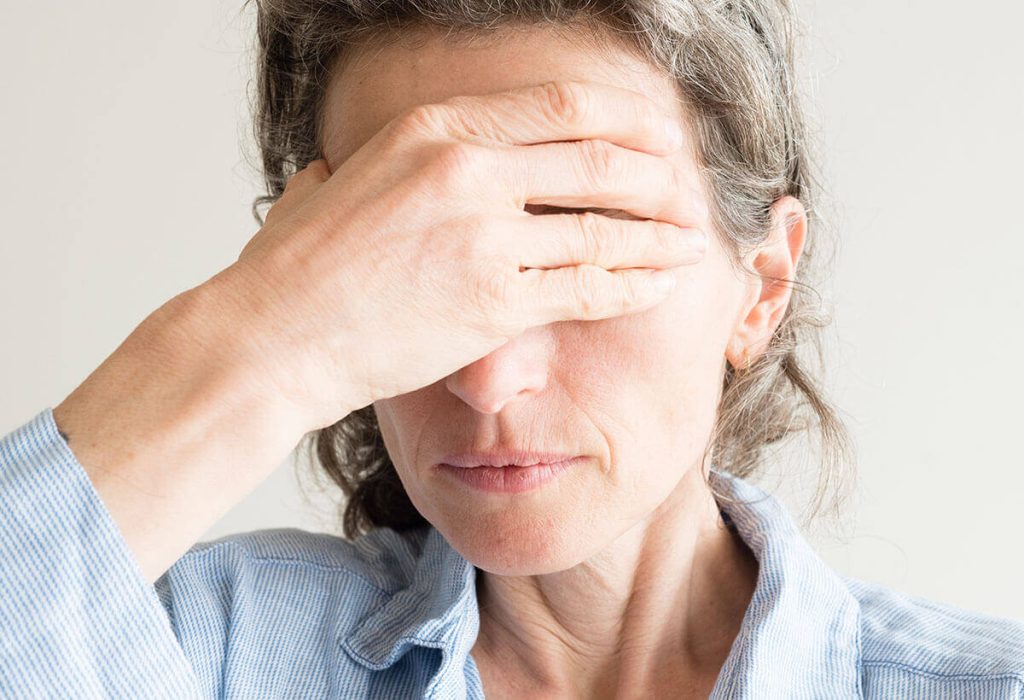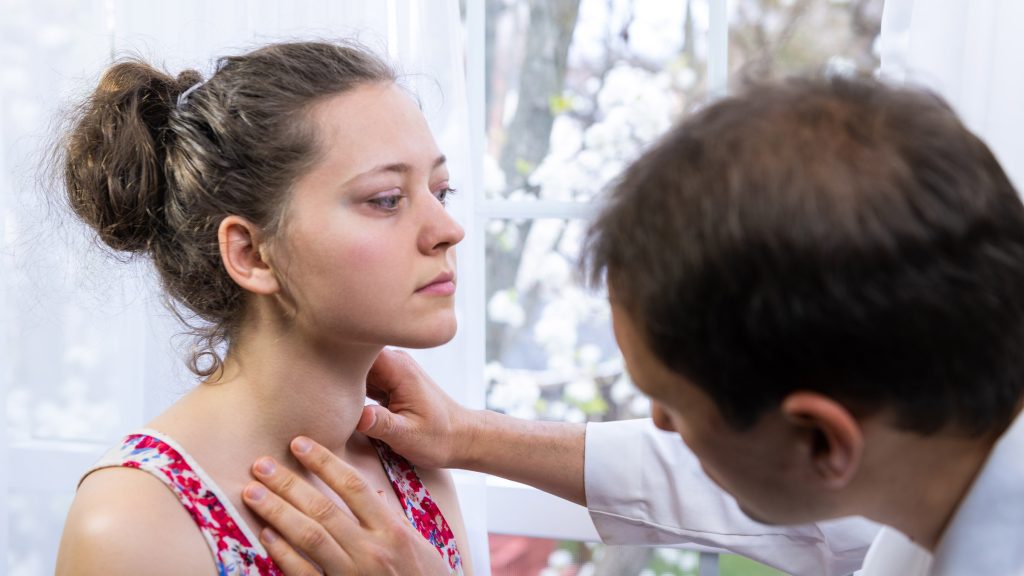Graves’ disease is significantly more common in women than men, especially those under the age of 40. Hormonal changes may play a role in this imbalance, though the exact reason is still unknown.
Women Graves’ Disease
Women with Graves’ disease often face unique challenges. The disorder can disrupt menstrual cycles, reduce fertility, and increase the risk of miscarriage. If not managed properly, it may also pose risks during pregnancy, including preterm birth and low birth weight.
Beyond reproductive health, the emotional toll of Graves’ disease can also be higher in women. Anxiety, mood swings, and fatigue are common symptoms that affect daily life and relationships.
Treating Graves’ disease in women usually involves a tailored approach. Antithyroid medications are often the first step, but they may not be safe for long-term use during pregnancy. In such cases, other treatment options like surgery or radioactive iodine might be recommended.
see also: Gut Health and Immunity: The Hidden Connection
Women should also be mindful of bone health, as untreated hyperthyroidism can lead to osteoporosis over time. A balanced diet rich in calcium and vitamin D, along with regular exercise, is essential.
Regular monitoring and communication with your doctor can make a big difference. If you are planning to get pregnant or are currently pregnant and have Graves’ disease, be sure to work closely with a healthcare provider to manage the condition safely.


